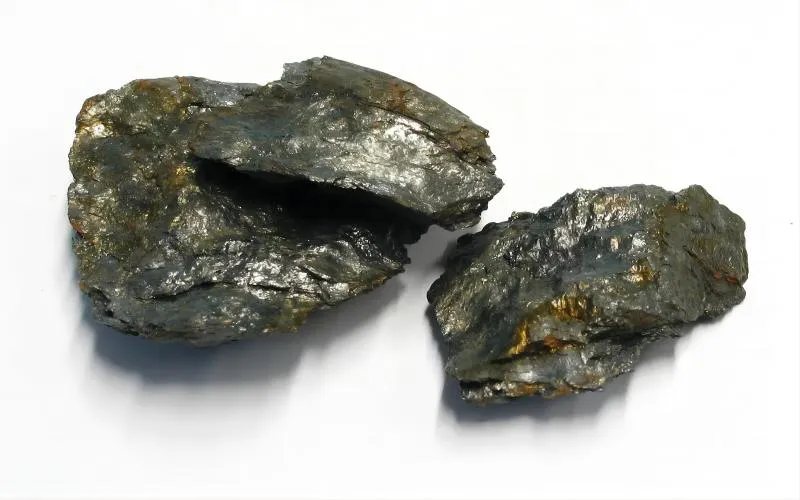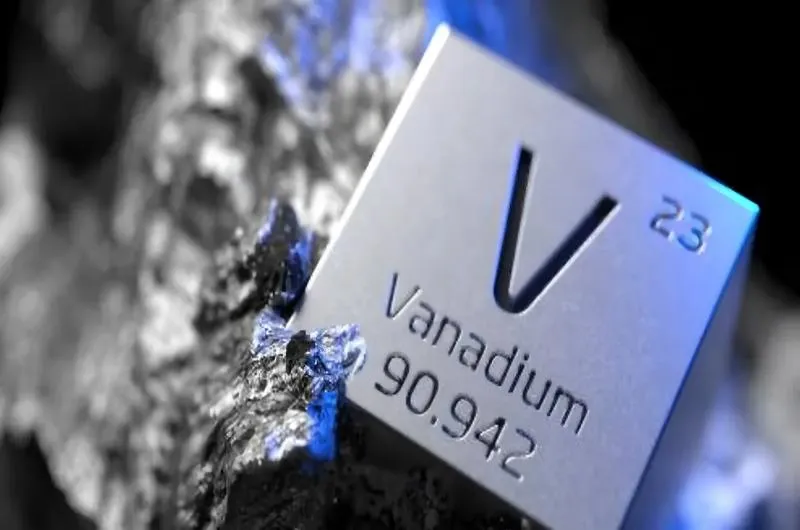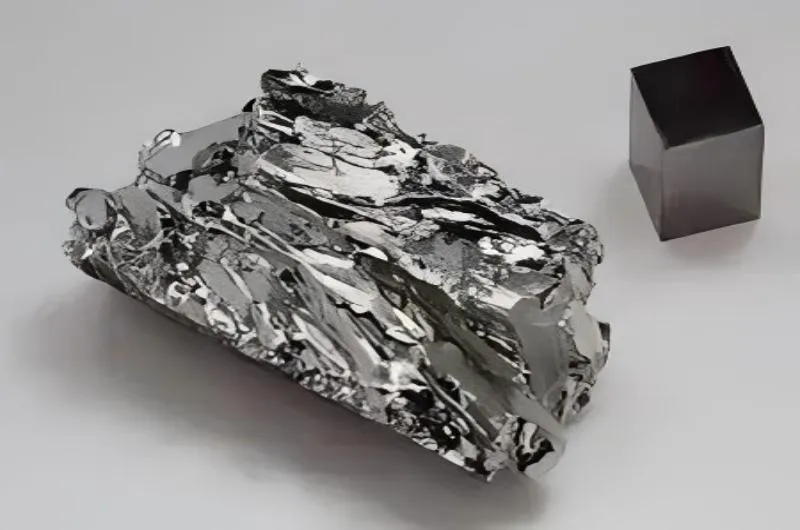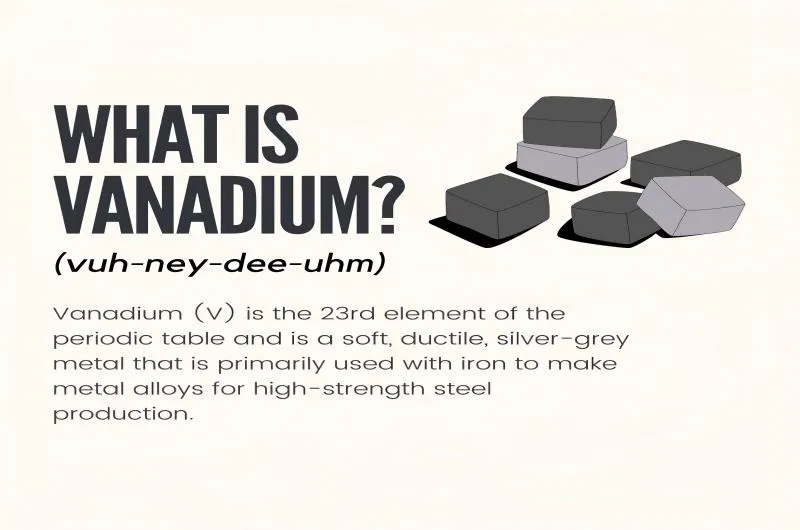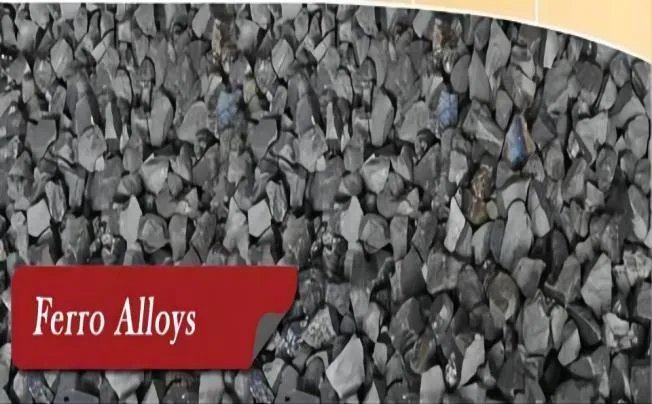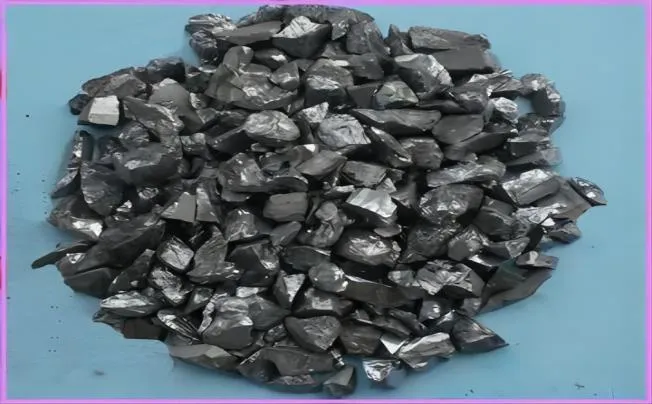BY  GENN
GENN
2024/05
Blog
How Is Graphite Made Naturally?
Fuel for Power Generation
Petroleum coke plays a crucial role as a fuel source in the power generation sector, particularly in coal-fired power plants. Due to its high carbon content and calorific value, petroleum coke is used alongside coal in these plants to generate electricity efficiently and cost-effectively.
Its combustion characteristics, such as low ash content and high heating value, make it an attractive alternative to traditional fuels like coal. Compared to coal, petroleum coke offers several advantages in power generation.
Not only does it provide higher energy density and lower sulfur emissions, but it also results in reduced greenhouse gas emissions when burned. Additionally, the cost-effectiveness of using petroleum coke as a fuel source further enhances its appeal to power plant operators looking to optimize their operations while meeting environmental regulations.
Anode Production in the Aluminum Industry
In the aluminum industry, petroleum coke is a key component in the production of anodes used during electrolysis processes for aluminum smelting. The primary role of petroleum coke in this context is to act as a source of carbon during anode manufacturing.
Its unique properties, including high carbon content, low impurities, and good electrical conductivity, make it an ideal material for producing durable and efficient anodes. Furthermore, the smelting process heavily relies on petroleum coke as it provides the necessary carbon required for electrode reactions that occur at high temperatures during aluminum production.
The quality of anodes produced using petroleum coke directly impacts the overall efficiency and effectiveness of aluminum smelting operations. Its consistent composition and performance make it a preferred choice for ensuring stable electrolysis processes within the aluminum industry.
Steel Industry Applications
Petroleum coke plays a significant role in the steel industry where it is utilized as a reducing agent during various steelmaking processes. By providing carbon content essential for reducing iron ore into molten iron through chemical reactions, petroleum coke enables steel manufacturers to achieve desired metallurgical properties while enhancing production efficiency. The use of petroleum coke as a reducing agent influences both steel quality and production efficiency by facilitating precise control over carbon levels in molten metal.
This not only aids in achieving specific alloy compositions but also contributes to minimizing energy consumption and refining costs associated with steelmaking operations. Overall, its versatility and effectiveness make petroleum coke indispensable in meeting the stringent demands of modern steel production techniques.
Environmental Considerations and Challenges
Emission concerns related to burning petroleum coke as fuel
Burning petroleum coke as a fuel source raises significant environmental concerns due to the release of various pollutants into the atmosphere. The combustion of petroleum coke emits sulfur dioxide (SO2), nitrogen oxides (NOx), particulate matter, and greenhouse gases such as carbon dioxide (CO2). These emissions can contribute to air pollution, smog formation, acid rain, and negative health impacts on nearby communities.
SO2 can lead to respiratory issues and exacerbate asthma conditions, while NOx is a precursor to ozone formation, which is harmful to both human health and the environment. Moreover, particulate matter emitted during the burning of petroleum coke can have detrimental effects on air quality by causing respiratory problems and cardiovascular diseases when inhaled.
The fine particles can penetrate deep into the lungs and enter the bloodstream, leading to a range of health issues. Additionally, the release of greenhouse gases like CO2 contributes to global warming and climate change, further highlighting the environmental impact of using petroleum coke as a fuel source.
Efforts to reduce environmental impact through technology and regulations
To address the environmental challenges associated with burning petroleum coke as a fuel source, various technological solutions have been developed. One approach is implementing advanced emissions control technologies such as electrostatic precipitators and flue gas desulfurization systems in power plants that use petroleum coke. These technologies help capture pollutants before they are released into the atmosphere, reducing harmful emissions significantly.
Furthermore, regulatory measures play a crucial role in mitigating the environmental impact of using petroleum coke. Governments worldwide have implemented stringent emission standards that industries must comply with to limit their pollution levels.
Foundry Coatings and Additives
In foundry operations, petroleum coke finds a valuable niche as a key ingredient in coatings and additives used to enhance casting quality. Foundry coatings formulated with petroleum coke provide a protective barrier on molds and cores, improving surface finish quality, reducing defects, and enhancing metal flow during casting processes. Additionally, petroleum coke additives can modify the properties of molten metal alloys, leading to improved fluidity, reduced gas porosity, and enhanced mechanical properties in castings across various types of foundries.
Summary of the Versatile Uses of Petroleum Coke
Petroleum coke, a byproduct of the oil refining process, has found its way into a wide range of industries due to its unique properties and versatility. From being a crucial fuel source in power generation to an essential component in anode production for the aluminum industry, petroleum coke plays a pivotal role in various industrial processes.
Its high carbon content and low ash content make it desirable for applications where high heat and stability are required. Additionally, its availability and cost-effectiveness compared to other fuels make it an attractive option for many industries.
In the steel industry, petroleum coke serves as a valuable reducing agent in the steelmaking process, enhancing efficiency and reducing environmental impact. Its use in graphite electrode manufacturing highlights its importance in advanced technologies that drive innovation and sustainability in various sectors.
The niche application of petroleum coke in foundry coatings and additives demonstrates its adaptability to diverse industrial needs.
Future Outlook on the Role of Petroleum Coke
Looking ahead, the role of petroleum coke is poised to evolve further as industries strive for greater sustainability and efficiency. Innovations in technology are expected to enhance the environmental profile of utilizing petroleum coke as a fuel source by reducing emissions and improving energy efficiency.
As global demands for energy continue to rise, petroleum coke may play a crucial role in meeting these needs while exploring cleaner production methods. The future outlook on the role of petroleum coke also includes advancements in recycling strategies that aim to minimize waste and maximize resource utilization.
Collaborative efforts between industries and regulatory bodies hold promise for addressing environmental concerns associated with petcoke usage while maintaining its value as a valuable industrial commodity. By embracing responsible practices and continuous improvement initiatives, petroleum coke can contribute positively to shaping a more sustainable future for various industries.
While challenges exist regarding environmental impact and emission concerns related to petcoke usage, there is optimism regarding its future prospects as an indispensable resource across multiple sectors. With ongoing research and development efforts focusing on enhancing efficiency, reducing emissions, and exploring new applications, petroleum coke is poised to continue playing a vital role in driving industrial processes towards greater sustainability and innovation.




